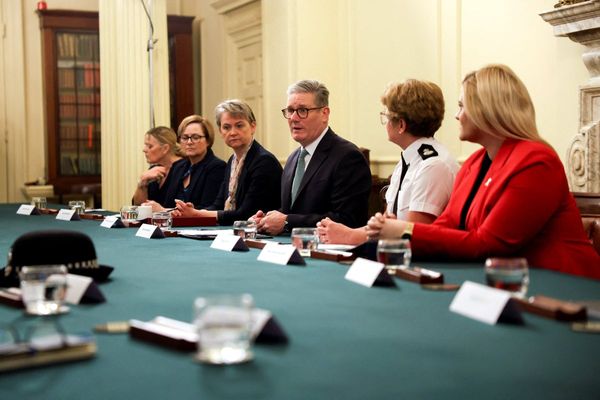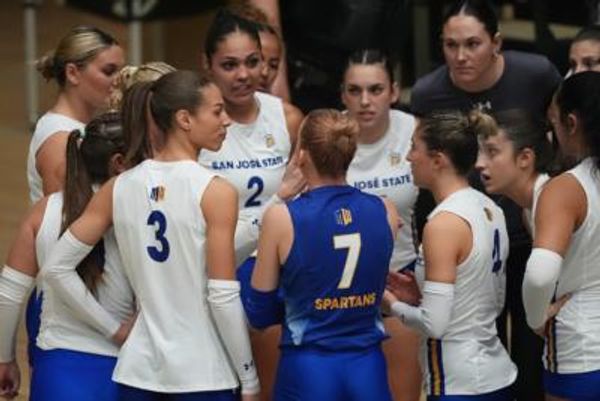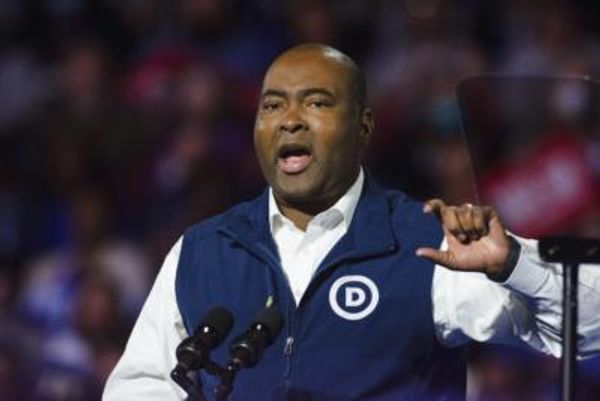DES MOINES, Iowa _ Iowa Democrats pride themselves on voting first _ and picking winners.
Since the Iowa caucuses began kicking of the presidential nominating process in 1972, the victor has marched on to become the Democratic nominee in seven of the last 10 open primary contests, including in the last four: Hillary Clinton, Barack Obama, John Kerry and Al Gore.
But in 2020, they fear it will be different. After more than a year of nonstop campaigning from upwards of two dozen candidates, there's a sense of foreboding among Democrats of all stripes that their state won't provide much clarity on who will ultimately become the party's standard-bearer.
It's a sentiment that's notably pervasive among rank-and-file Democrats, as well as inside of some of the major campaigns.
"I honestly think that when it's all said and done the headline of Feb. 4 will be something along the lines of 'No Clear Winner,'" said Amber Gustafson, a caucus director in Ankeny supporting Elizabeth Warren. "I don't think there's going to be any more of a clear picture on Feb. 4 than there is now. I think a lot of people are going to be disappointed, because we want to be the anointer."
Four candidates have been bunched at the top of the field in Iowa, and polling released over the weekend only added to the foggy picture. A New York Times/Siena survey found Bernie Sanders pulling away from the pack with a 7-point lead, a Suffolk/USA Today poll placed Joe Biden with a 6-point advantage, while a CBS/YouGov poll revealed close to a dead heat between Sanders, Biden and Pete Buttigieg.
Warren, hailed for producing the best organized campaign in the state, sat in fourth place, drawing just 15% in each poll. Even before those results, her campaign was already downplaying the state it had invested so much in, declaring the four early states as "just the beginning."
Sanders looks primed to perform well on the first caucus ballots, but Biden or Buttigieg could pose a threat during the realignment process, when supporters of lower performing candidates are asked for their second choice. The scenario could allow multiple campaigns to take some sort of win away from the Feb. 3 caucus night.
"There will be more than one candidate who is claiming victory and there may be two or three who can rightfully point to something that shows success," said Chris Hall, a Sioux City state representative backing Amy Klobuchar.
Biden's advisers have consistently said Iowa isn't a must-win, even as the former vice president held leads in two respected polls in the state earlier this month. A top Sanders aide has said the first round of caucus results will be "the most accurate portrayal of who won the night," even though the second round of voting will determine delegate totals.
Some of Warren's own supporters don't even believe she'll prevail, but think she simply needs to perform better than expected to catch momentum. And Buttigieg may have the most riding on Iowa given his need to exhibit staying power. But even a finish in the top three would allow the 38-year-old to remind the country how far the once barely recognizable small-town mayor has come.
It's not surprising that campaigns are purposefully managing their own expectations. What's striking is that even their supporters see little opportunity to deliver their rivals a knock-out punch.
"If you've got four people separated by 4 points, then probably it's not going to make much difference," said John Epperson, a longtime Biden backer from Indianola.
That means a jumbled field without a strong front-runner may remain unchanged as the race moves on to New Hampshire, Nevada and South Carolina, the other three states to vote in February.
"I think you're going to have four candidates come out of Iowa relatively close to each other," added Rod Sullivan, a precinct captain for Warren in Iowa City. "It's going to be up to others to decide, I guess."
And if Sanders were to notch a commanding Iowa victory, the moderate wing of the party may be more incentivized to soldier on and litigate a debate over who is best equipped to stop him.
After the Times poll was released showing the Sanders surge, the Buttigieg campaign sent an email to its donors with the message, "The general election is at risk."







